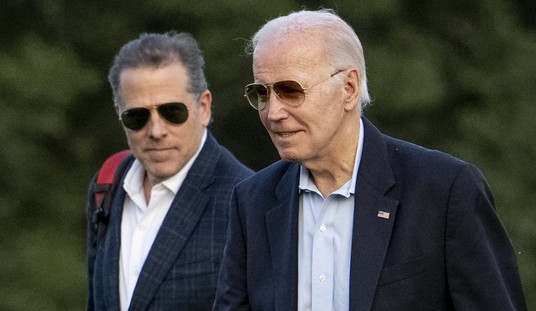Some issues are just boring. It seems as if every time they are brought up, collective eyes glaze over. Unfortunately, a lot of bad policies can escape the normal vetting process when that many people are that bored by an entire subject area. So I can understand how the latest version of patent reform—the America Invents Act (H.R. 1249)—came to be scheduled for floor consideration this week. But the conservative movement has been raising serious concerns with key portions of patent reform for years, particularly the proposed switch from a “first-to-invent” to a “first-to-file” system. Article 1, Section 8 of the Constitution authorizes Congress, “To promote the Progress of Science and useful Arts, by securing for limited Times to Authors and Inventors the exclusive Right to their respective Writings and Discoveries.” The fact that the “Inventor” is specifically mentioned led the U.S. to adopt a “first-to-invent” test when disputes arise. Most of the rest of the world now uses a “first-to-file” system that rewards whoever submits their patent application first, regardless of whether the evidence shows that they were the inventor. Obviously, the first-to-file system favors deep pockets that can handle and expedite the paper work. Proponents of the change argue that it is more efficient and would better harmonize with the rest of the world. It is more efficient, and it would better harmonize with the rest of the world, but that does not mean it is wise. It is important to note that we are descendants of the Glorious Revolution and English common law, which developed a strong public policy preference for private property rights not shared by the rest of the world. Incumbent in private property rights is a protection for an inventor of his patent, regardless of whether someone else files first for something the inventor invented first.The entire point of the Patent and Copyright Clause is to protect the actual inventor so that they are incentivized to use their creativity and ingenuity to make breakthroughs. It is not designed to make it easy on the government to resolve patent disputes. And simply because the rest of the world follows a different system, does not mean the U.S. must follow suit in order to “harmonize.” There is a reason that America is exceptional, and it’s because we enjoy freedoms much of the rest of the world does not know. If there is to be harmonization, let it be because the rest of the world adopts our best features, and not because we have felt compelled to adopt their worst. Another main problem with H.R. 1249 is that it gives the U.S. Patent and Trademark Office (USPTO) the ability to set its fees and spend the money however it sees fit, so that the revenue cannot be diverted to spending on other government programs. In essence, the bill would move the USPTO outside of the appropriations process. Now, many (including me) agree that the USPTO should get the benefit of more of the fee-generated revenue that come into the Treasury so that it can manage the backlog in patent applications, but that can be done within the current appropriations process if Congress has the will to prevent patent revenues from being a slush fund. Why is this statutory change such a big deal? The Constitution states that, “No Money shall be drawn from the Treasury, but in Consequence of Appropriations made by Law…” This is an enormous check on the executive branch and ensures that Congress can hold an agency accountable. What happens if the USPTO wants to build a brand new headquarters instead of addressing the backlog? Or what if the USPTO, notwithstanding additional resources, fails to deal with its backlog because it is simply incompetent? None of these issues could be fixed during the normal appropriations process. As a result, not only House Appropriations Chairman Hal Rogers (to be expected), but House Budget Chairman Paul Ryan are opposed to the fee diversion provision. This may be the Appropriations Committee defending their turf, but that doesn’t mean their wrong on this one. Our patent system may need reform, and there may be many fine provisions included in H.R. 1249. But the bill’s problems far outweigh any benefits. H.R. 1249 would fundamentally harm the individual inventor and make the patent process less accountable to the American public. Call your Congressman and tell them to vote NO on patent reform.
Conservatives Must Oppose Patent 'Reform'

Advertisement













Join the conversation as a VIP Member